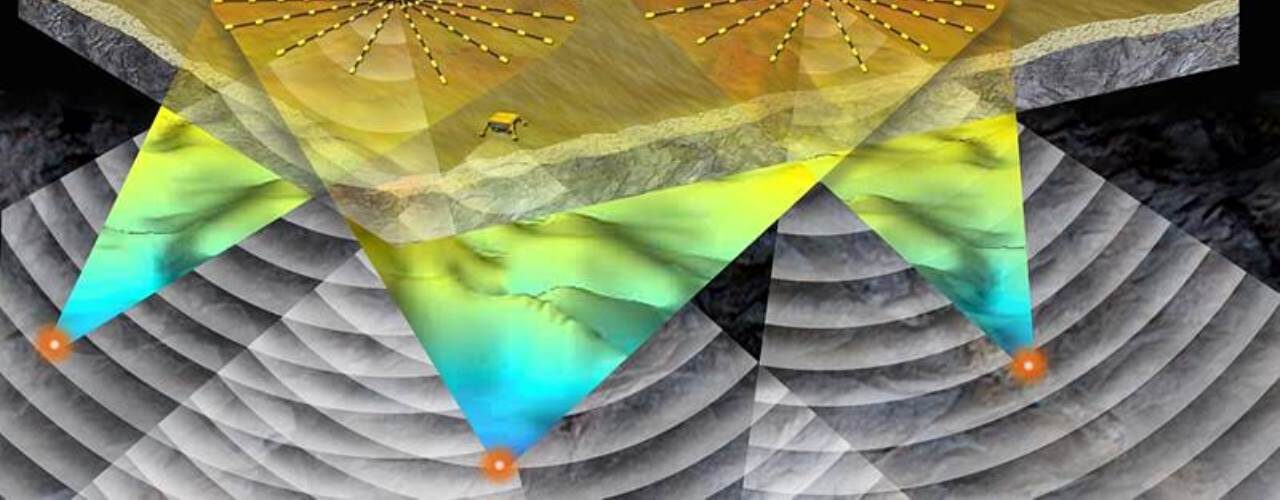In November 2014, scientists from the University of Bath revealed a sonar system called Acoustic Zoom, which is less disruptive to marine life but also improves the resolution of imaging beyond that of current methods.

The most common method used when undertaking geological surveys of the seabed is seismic imaging, which involves transmitting sound energy into the ground to build an image of the geological structure from the energy waves that are reflected back to the receiver. Seismic imaging uses equipment, such as transponders, and methods, such as controlled explosions (seismic tomography), that can be highly disruptive to marine life. In addition to impacting the behavioural and migration habits of marine wildlife, conventional methods produce poor quality images that often miss details such as fractures and fissures in strata.
Acoustic Zoom works on a different principle than conventional seismic imaging. Instead of building an image from the sound energy reflected back from the depths of the sea, Acoustic Zoom records how the sound energy is scattered. By placing a 16-spoke sensing array on the seabed, information that is usually discarded in conventional methods is collected to create a high quality image that is able to pick up new details in the underground geology.
As the system involves more sensors and transmitters, each pulse of sound can be released using a smaller amount of energy but at a much higher frequency. As this is done over a longer period of time, the scanning becomes less impactful and more efficient compared to conventional methods.
Image credit: University of Bath











